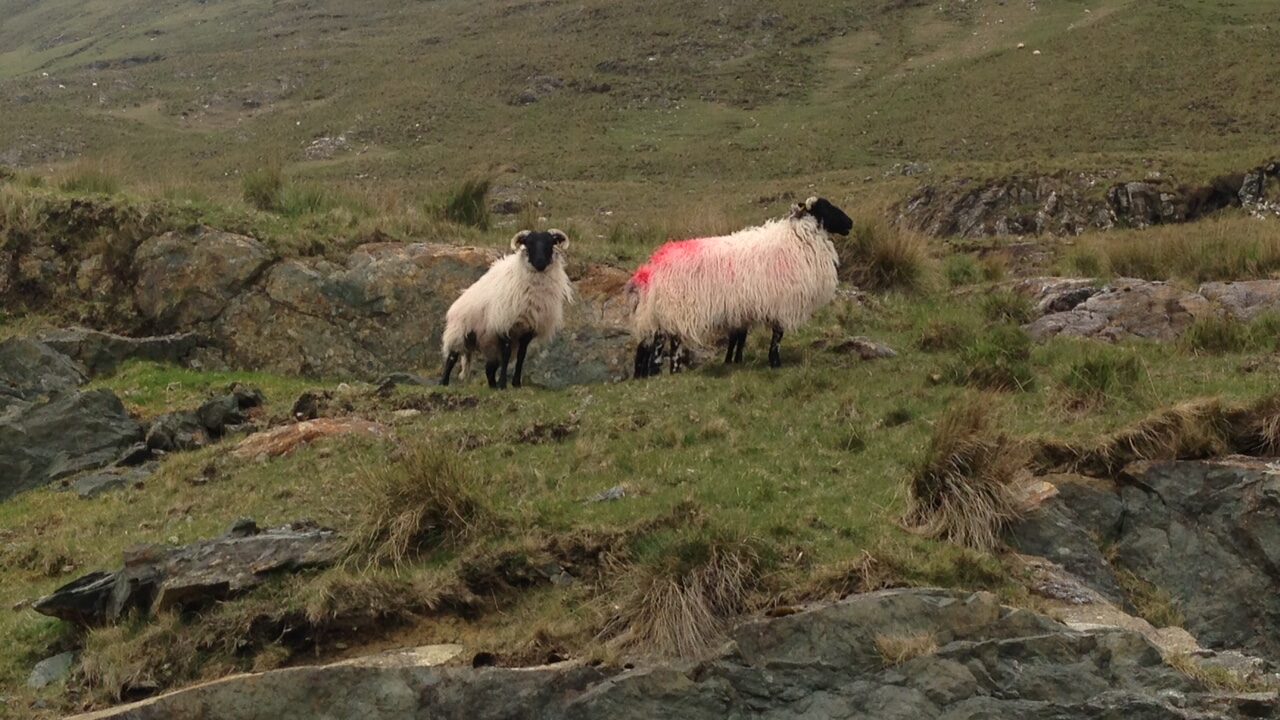The Department of Agriculture has extended the deadline for completion of commonage management plans by advisors until October 31.
The original deadline had been set for July 3, but was extended further to August 31.
In a recent circular to advisors the Department said it is currently processing a large number of applications for ‘Approval to Act as a Commonage Advisor’.
It said the process involves verification of shareholder details and in many cases contacting advisors to get clarification or missing data and has proven time consuming.
According to the Department appointments will recommence shortly.
Under GLAS, the appointment of a Commonage Advisor will be notified to all the shareholders listed for that Commonage on the Commonage Container.
If any of these shareholders wish to be part of the Commonage Management Plan, they must sign up to the approved Commonage Advisor by means of the GLAS Commonage Authorisation Form even if they had previously nominated another Advisor to act in that role.
In view of the above, Department said the closing date for submission of a Commonage Management Plan has been extended to October 31, 2015, which means that those applying for GLAS Tranche 2 may be added to the Plan.
The Department also said that advisors who have been appointed may now commence the work of assessing the commonage in terms of its condition and its stocking requirements, as well as speaking to shareholders.
While, it says the on-line facility to complete the Commonage Management Plan (CMP) will not be available for some weeks, it said it will shortly issue a template of the Plan with guidance notes.
In the meantime, the Department said advisors may take it that the main components of the Plan as already outlined remain as follows:
- Individual stocking density minimum to be reached by 2016.
- Commonage stocking density minimum to be reached by 2018.
- Facility for advisor to amend stocking density on the basis of scientific assessment.
- Identify months sheep will graze (minimum four months, less than six requires justification).
- Details of other activities for sustainable management of the commonage.
- Identify predominant habitats and their status.
